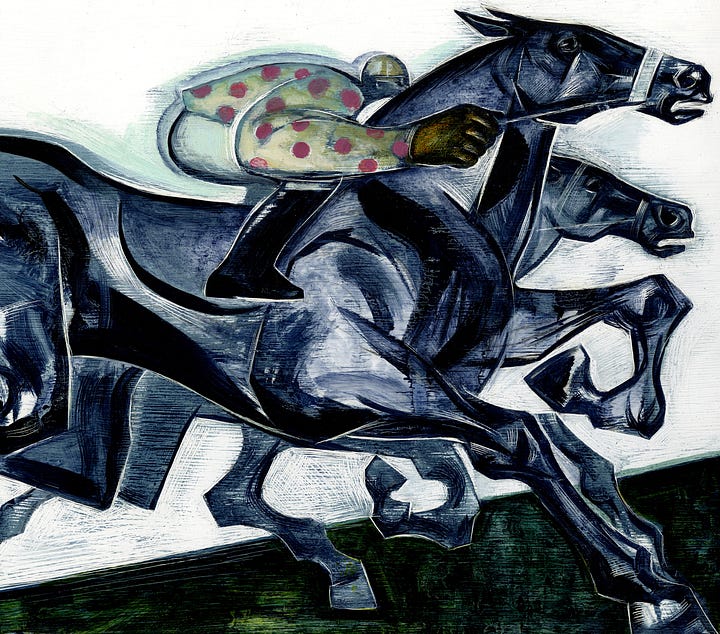
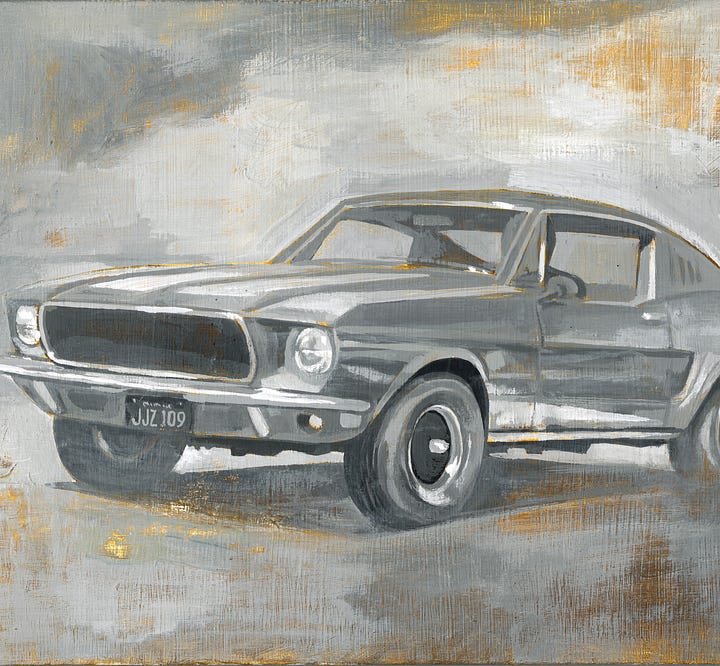
“If I had asked people what they wanted, they would have said faster horses”.
Not a quote by Henry Ford, made up likely by a marketing strategist in 2001. I should have smelled the lie when I first read this fake quote. But it seemed so plausible because we’ve all been fed this genius myth. The idea that there are singular people whose ideas will change history.
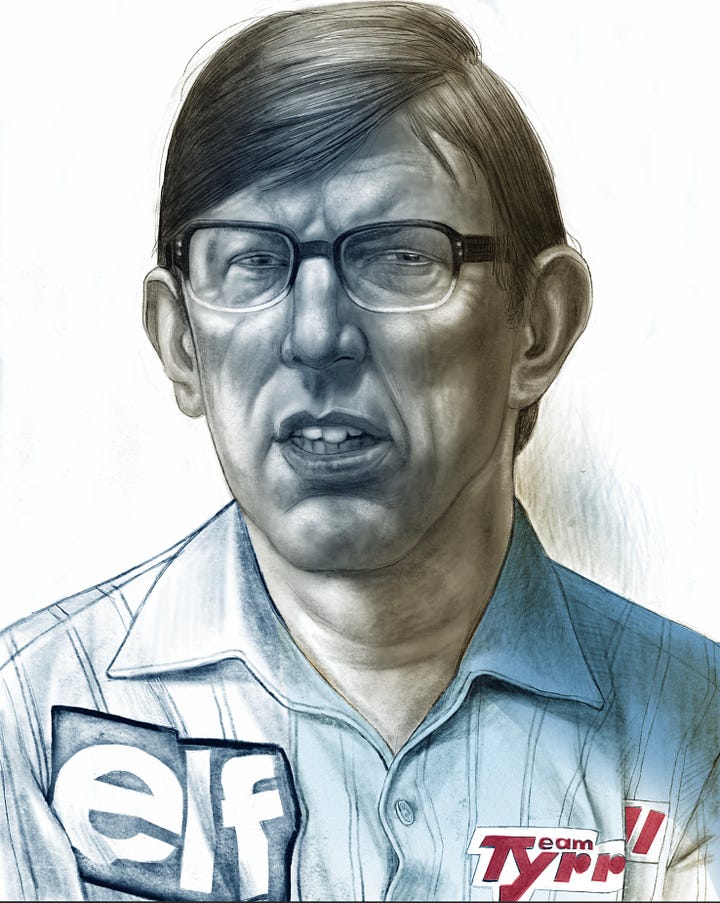
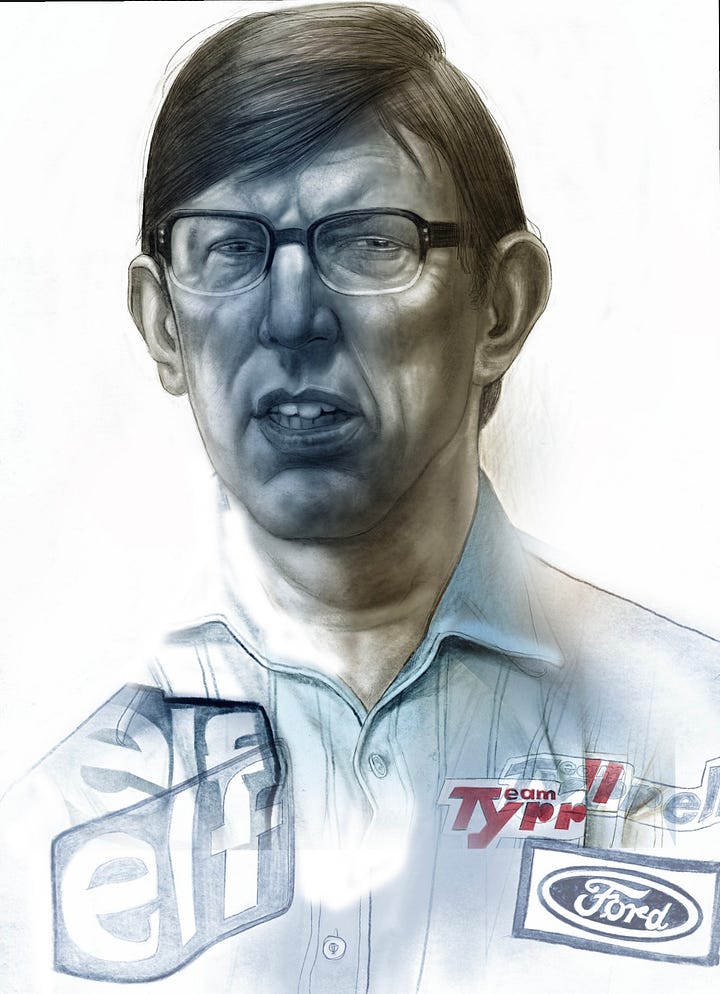
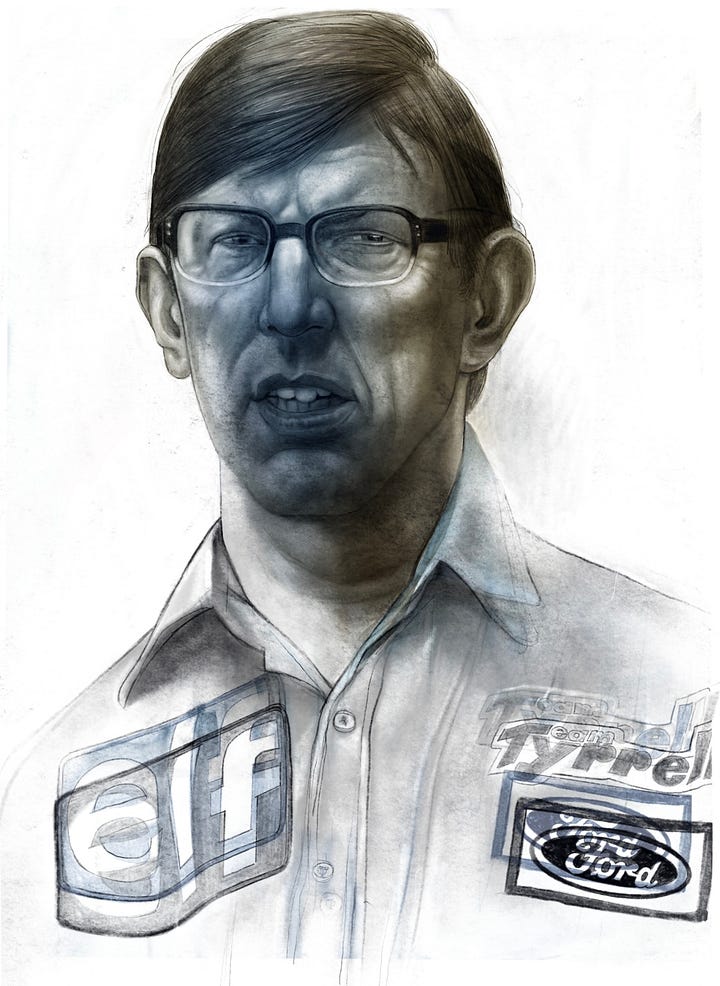
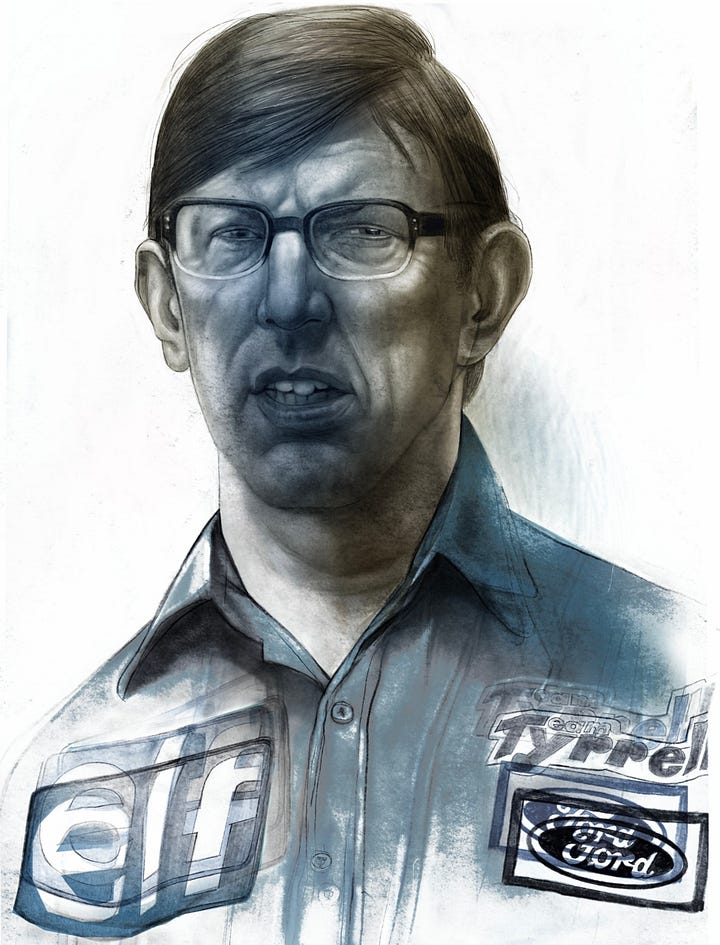
I led my students in the ceremonial process of Convocation this week. A wonderful exercise in marking a passage in life and a recognition of the team effort of moving forward on your path. One of my colleagues was celebrating a new programs first group of graduates in a 4 year program. These were the pioneers, the students that were willing to believe in just an idea of where this learning would lead, because no alumni can offer their advice. They will be the first to make their way. I do believe there are extraordinary people, but great thinkers need their ideas to be implemented and supported. We need each other.
The Henry Ford quote also strikes at our Achilles heel—-the ultimate FOMO, and the insults we love to toss at others: you’re afraid of change, and you are out of step with what is happening now. I usually get a hint of ageism along with the certainty that the newest, latest, is the bestest. What if we didn’t believe the hype? What if we pointed out that what passes for genius as some kind of superhuman is a lie.
Bad ideas only become worse when more people believe them. That is the goal of every person that has a stake in selling us on technology presently. From Sam Altman to Sal Khan there is a missionary zeal and technological imperative laced through with financial gain preaching the gospel of technological super intelligence. We are not in an asymmetric battle with an all powerful elite, we are in a daily battle with our choices. What choices do we make? My next door neighbour has 3 daughters all under the age of 14. They created a phone charging station near their front door and purchased windup alarm clocks—-no technology goes upstairs into their rooms.
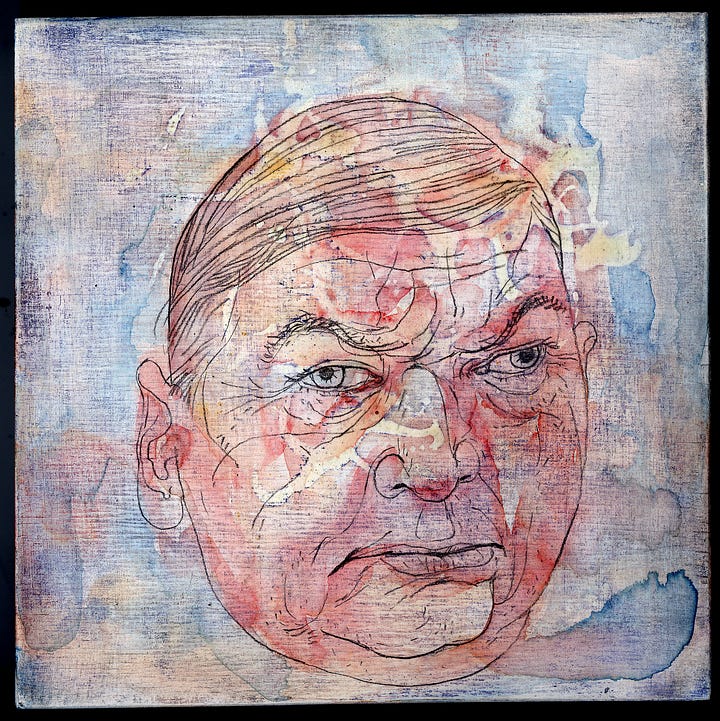
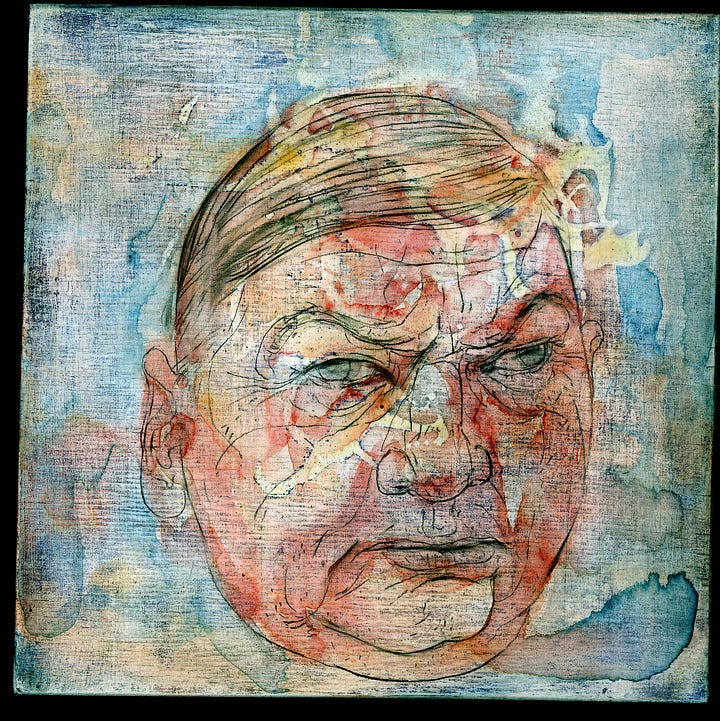
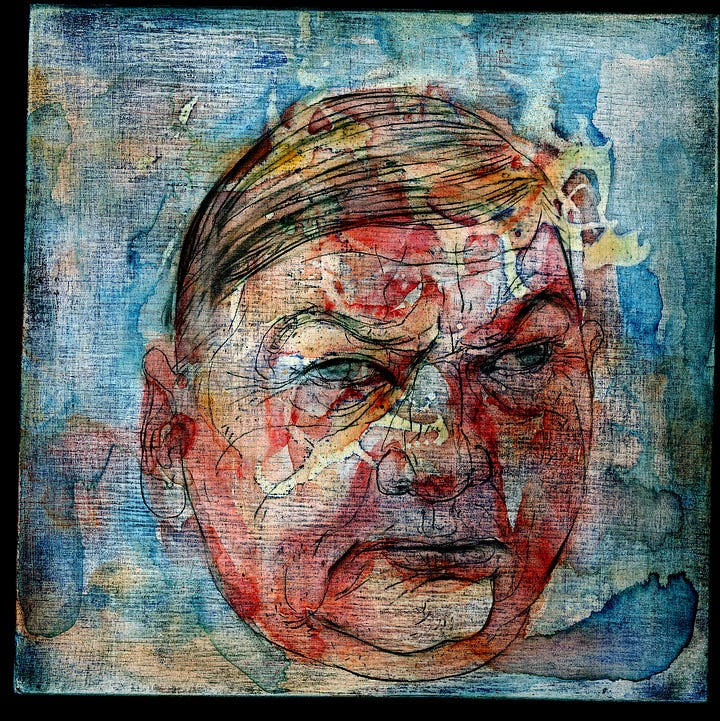
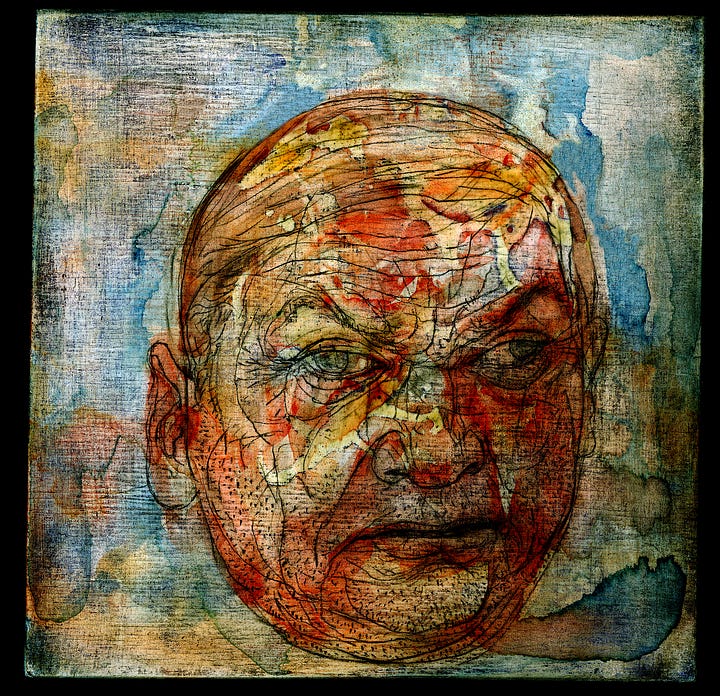
I had a few minutes of technological terror last night as my external drive appeared empty on my screen. 7 years of art potentially lost. What concerned me the most in possibly losing the drive was the iterations. Most of my final art has been saved elsewhere, or shared with clients—-but the countless experiments to get there, the path I took would be lost. This is the iceberg analogy —the majority of an iceberg is submerged and this is also the most inspiring and maddening part of making art—we need to iterate, to make mistakes, trial and error a solution.
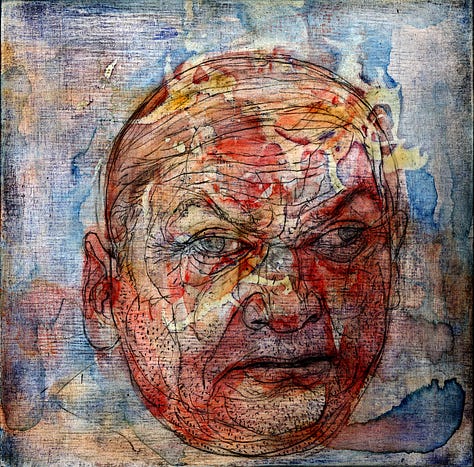
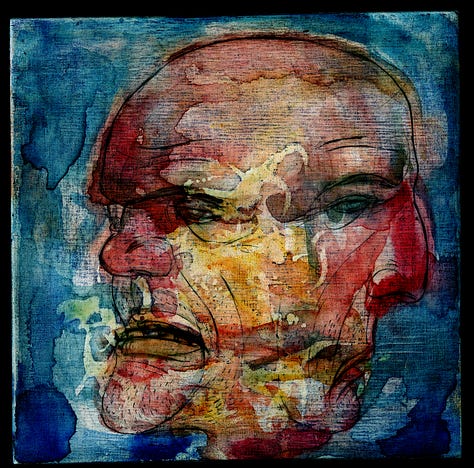
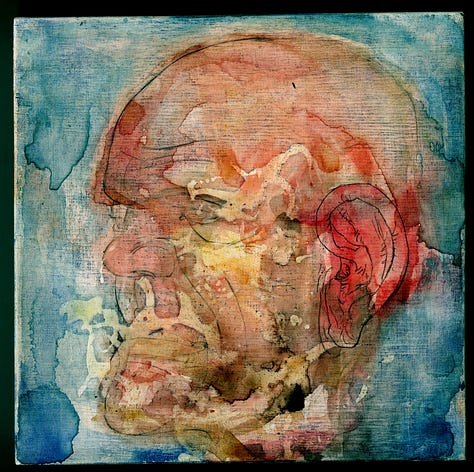
I like the reversal of I.A. (iterative art) vs. A.I., we need our own catchy acronym. There is no substitute for getting our hands dirty as we till the soil of our work. Art will only grow in a fertile imagination inspired by all the mess that we bring to making and expressing visual images. Welcome the rise of I.A.




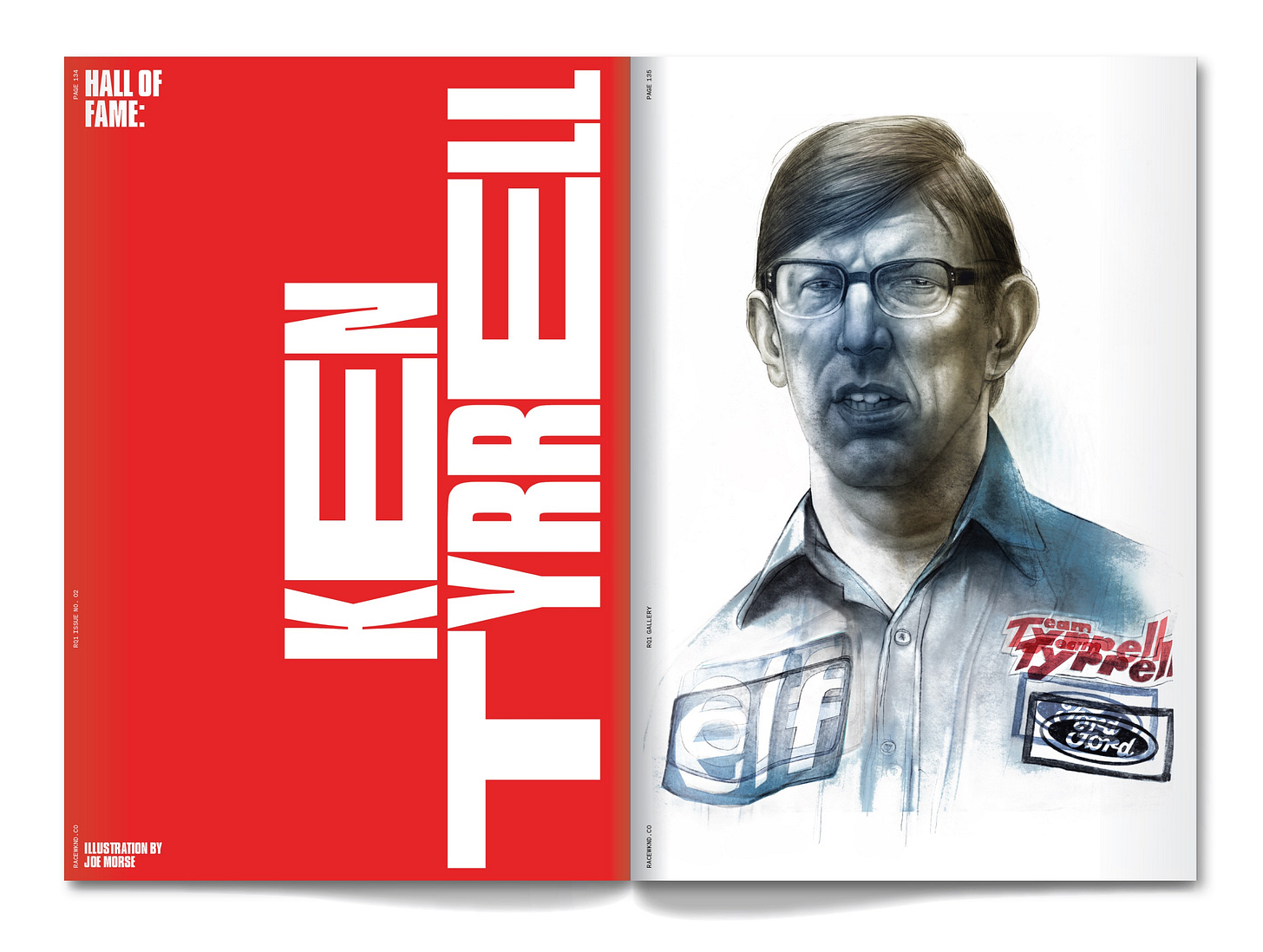
An interesting version is stop animation — does this count as Iterative Art? https://www.instagram.com/reel/DHHcEc1yz53/?igsh=MWE4aG5zemxkOWh4bQ==